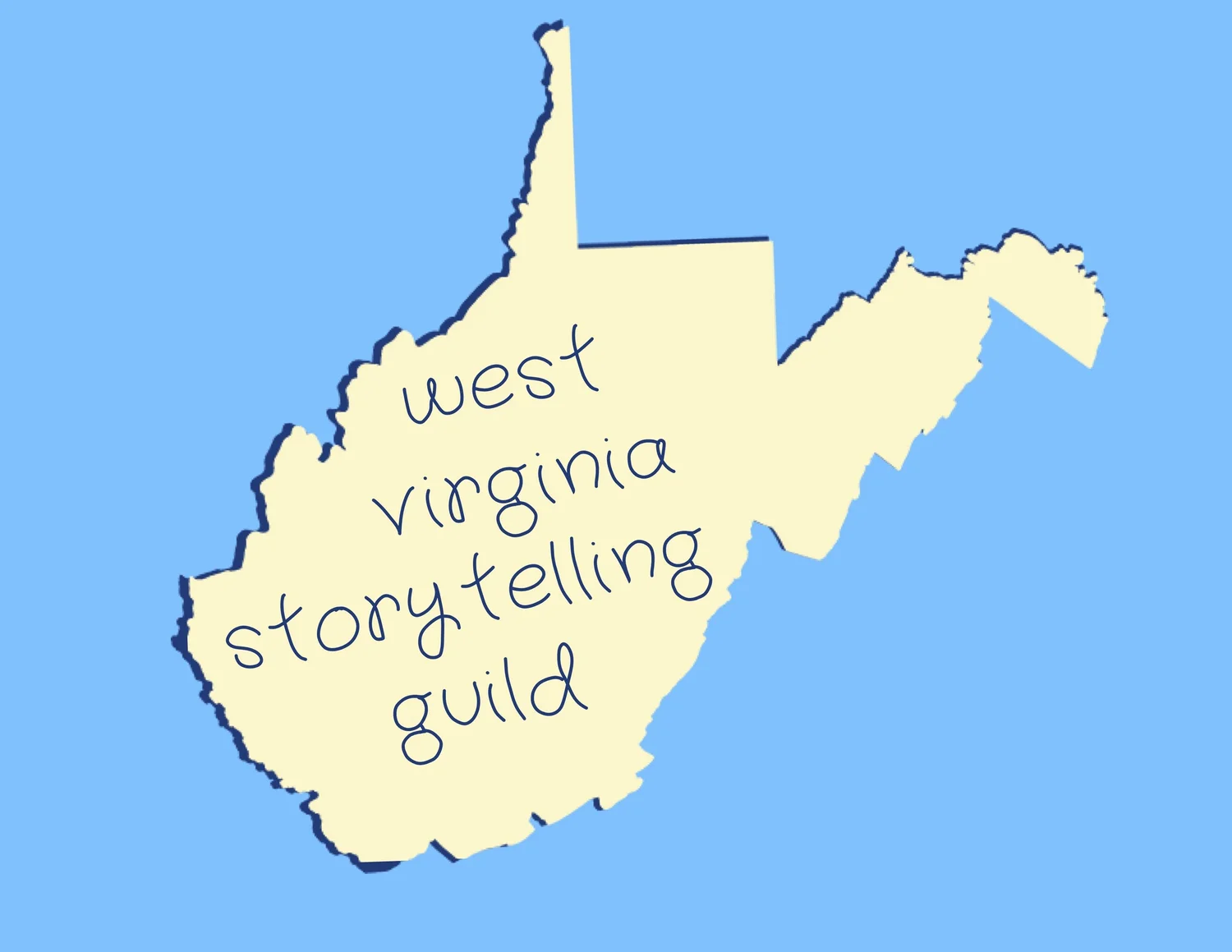Recently Kara Rogers-Thomas, the organizer of Frostburg State University’s Appalachian Festival, told me that the theme for the 2018 festival was Diversity in Appalachia. I scratched my head in disbelief. I had never thought of this region of the country being particularly diverse. Then I thought, “Wait, I am part of that diversity. I grew up in Southern California which many people around here consider to be a foreign country. And now I live in West Virginia. So maybe there really is something to the idea of diversity in Appalachia.“
Not long after that I talked to my 89-year-old friend John Johnson who spent his formative years in a coal mining community. He said to me one day, “Katie, my first job was working in the coal company store. Many of the people who came in to buy things did not speak English. Somehow, though, we learned a lot from each other.” Of course I had to ask him what nationalities he remembered meeting. He mentioned many Polish people, but he added that there were Italian, Irishmen, Austrians and so forth.
After that, I decided that I had to do some research on the topic. I turned to two sources: the Internet and the book by Ruth Ann Musick, Green Hills of Magic, West Virginia Folktales from Europe. These sources opened my eyes and caused me to see Appalachia in a different light. I found out that during the time when the coal industry was really booming, people from all over the world came to the region seeking a better life.
According to one Internet article, A Whitewashing Reality: Diversity in Appalachia By AV's Intern Team/February 7, 2014, “As the demand for miners increased, coal operators began to look outside the region for more workers; they particularly targeted eastern and southern European immigrants. Between 1820 and 1920, more than 60,000 Italians, Hungarians, Austrians, Russians, Poles and other immigrant workers had settled in the Appalachian coalfields, constituting as much as 40 percent of the workforce. African Americans from further south were also drawn to the mines and surrounding timber camps, creating a melting pot of diversity in central Appalachia.”
Many of the people who immigrated to the region were unable to bring much in the way of material goods, but they could bring their stories, and bring them they did. Ruth Ann Musick, a professor from Fairmont State University, collected as many of the stories from the early 1900’s as she possibly could. She then published the book I mentioned earlier, The Green Hills of Magic, West Virginia Folktales from Europe.
I found an Italian story that I particularly liked in Musick’s collection. Its title is The King’s Son and the Poor Man’s Daughter. In keeping with the diversity in Appalachia theme I will tell this Italian story, and my husband Otto will play an Italian song on the guitar. Jo Ann Dadisman will share a story that relates the struggles of an immigrant family from Poland in a West Virginia coal camp
Immigrant population has continued to rise in recent times. Again quoting from the Internet article, “The past three decades, however, diversity has been increasing throughout the region, particularly in urban areas and university towns. In the 1990s, racial and ethnic minorities accounted for nearly half the region’s population growth, while the Latino population increased by nearly 240 percent. West Virginia alone welcomed new residents from 31 different countries during that time period.” So to give tribute to the Latinos that are part of Appalachia, Mikalena Zuckett will be telling a Mexican tale called El Señor Coyote y la Borreguita or Mr. Coyote and Miss Lamb. Two more West Virginia storytellers, Adam Booth and Rich Knoblich will be sharing tales along this theme as well.
After doing this research on diversity in Appalachia, I look at the place where I live with a new sense of appreciation and awareness. And now I am looking forward to hearing the other storytellers share their stories at the Appalachian Festival with their take on this topic.
STORYTELLING AT THE APPALACHIAN FESTIVAL IN FROSTBURG, MD ON SEPT. 15 FROM 12:30-3:00
These five West Virginia storytellers will be telling stories in the Cook Chapel on Frostburg State University‘s campus in Frostburg, MD on Saturday, September 15 from 12:30 until 3:00:
Katie and Otto Ross (12:30)
Jo Ann Dadisman (1:00)
Adam Booth (1:30)
Rich Knoblich (2:00)
Mikalena Zuckett (2:30)
The Festival as well as the storytelling are offered free of charge. The Festival celebrates diversity in Appalachia with music, crafts, and of course storytelling. For more information, contact Katie Ross at okross40@gmail.com or 304-738-2338 or go the Appalachian Festival website:
https://www.frostburg.edu/afestival
